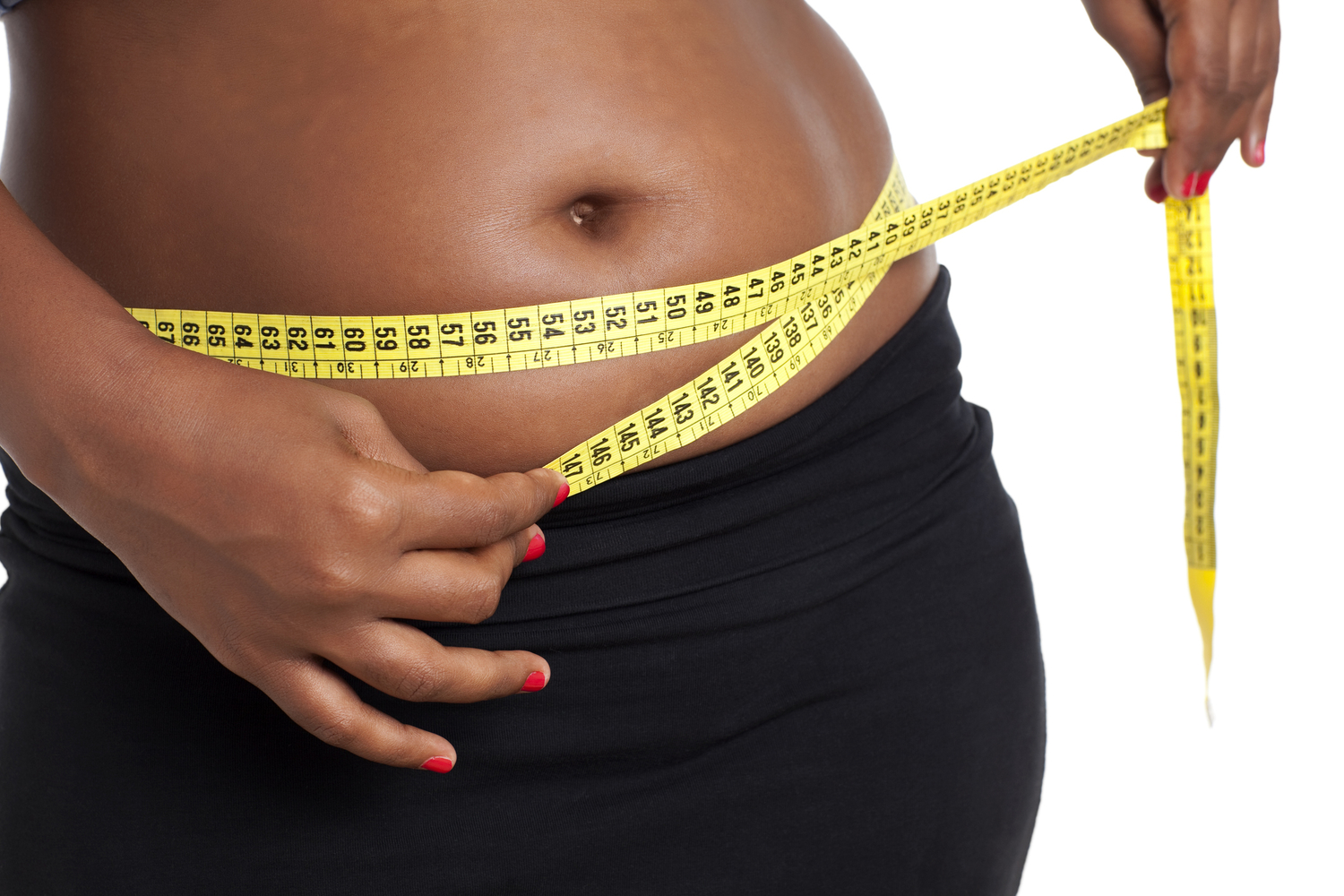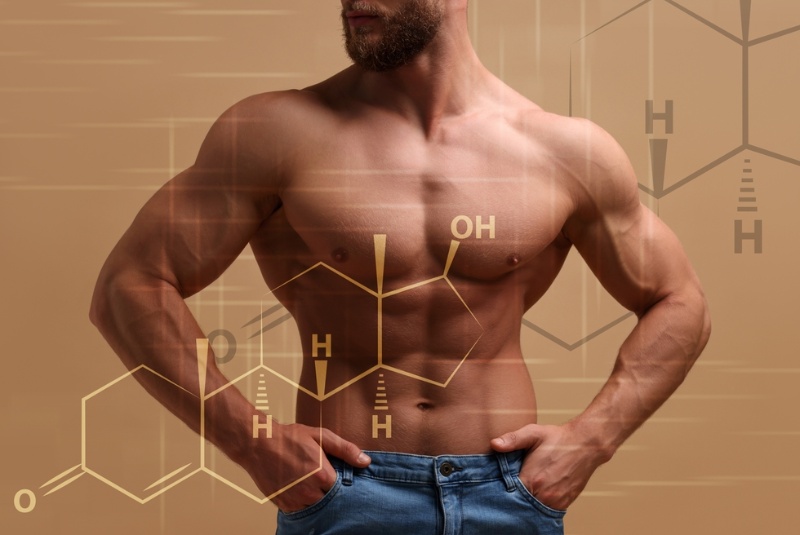Hormones play a very big role in your body. They are the chemical substance responsible for coordinating the activities and growth of living organisms within your body. There are many functions hormones take part in such as metabolism, body growth, sexual function, reproduction, and bodily development. Particularly for women - hormones influence hair growth, weight, bone growth, and muscle growth.

Think of hormones as little messengers in your body. They send signals to make sure everything is working as it should be. Here are the major female sex hormones: Estrogen, Progesterone, and Testosterone.
Estrogen is the main female hormone. It’s released from the ovaries and it plays a big role in major phases of many women’s lives such as puberty, menopause, pregnancy, and menstruation. If you wish to test your estrogen levels, simply take a blood test.
Progesterone is released after ovulation. It supports pregnancy and suppresses estrogen production and release following the time of ovulation. Like estrogen, progesterone levels can be determined by a blood test.
Testosterone is not just a male hormone; it’s found in much smaller amounts in women too. It’s responsible for your sex drive.
There are many reasons why your hormones can fluctuate throughout your life like: puberty, pregnancy, menopause, breastfeeding, hormonal contraception, and hormone therapy.
Some of the most common symptoms of hormonal imbalance in women include:
- Indigestion
- Osteoporosis
- Constipation
- Excessive acne before menstrual period
- Hot flashes
- Bloating
- Fatigue
- Trouble concentrating
- Depression
The female sex hormones play such a huge role, so an imbalance can manifest itself in many different ways in the body. If you often find yourself feeling too bloated, irritable, and fatigued – the cause could be due to a hormonal imbalance. Luckily, hormonal imbalance can be corrected through diet, exercise, and with the help of a physician.




